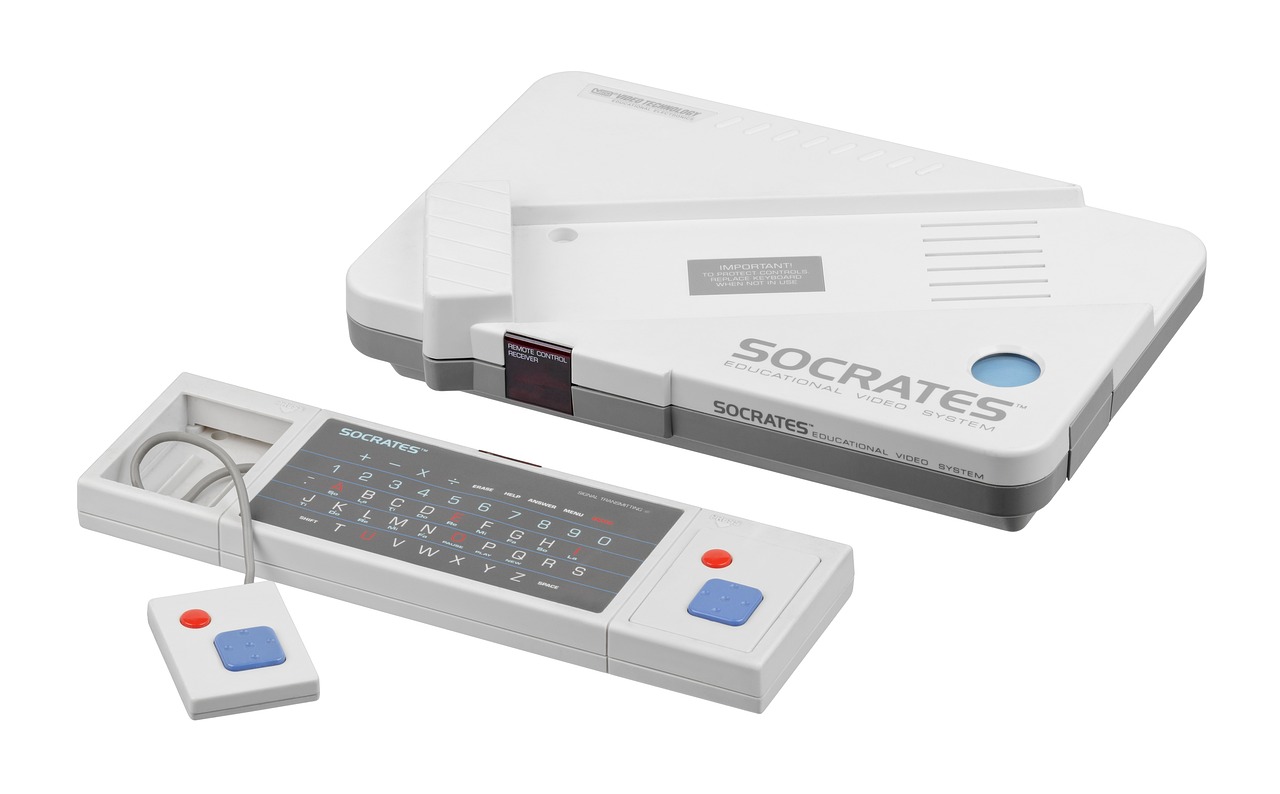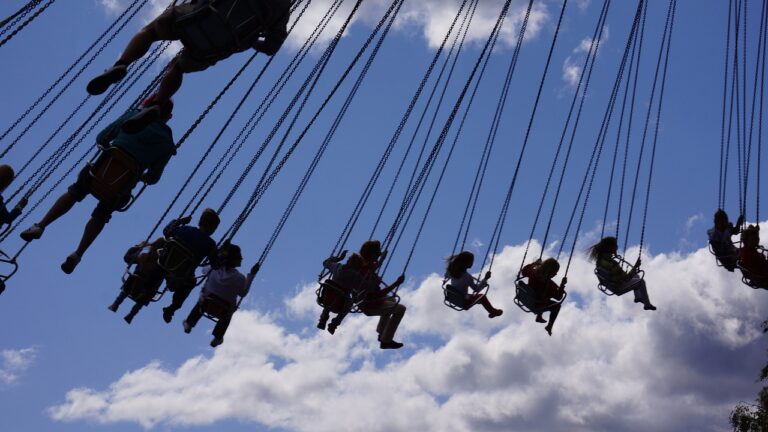Nostalgia Marketing: How It Drives the Entertainment Business
Nostalgia marketing is a powerful tool that many companies in the entertainment industry have used to tap into consumers’ emotions and drive sales. By evoking feelings of nostalgia for the past, brands are able to create a strong emotional connection with their audience, ultimately leading to increased brand loyalty and engagement. In this article, we will explore the concept of nostalgia marketing, its impact on the entertainment business, and how companies can effectively leverage nostalgia to drive success.
What is Nostalgia Marketing?
Nostalgia marketing is a marketing strategy that leverages people’s feelings of nostalgia for the past to promote products and services. By tapping into emotions associated with positive memories, brands are able to create a sense of longing and connection with their audience. This emotional connection can lead to increased brand loyalty, as consumers are more likely to feel a strong affinity for a brand that makes them reminisce about positive experiences from their past.
Why Nostalgia Marketing Works
Nostalgia marketing works because it taps into an emotional response that is deeply rooted in the human psyche. Research has shown that reminiscing about the past can evoke feelings of social connectedness, happiness, and comfort. By associating these positive emotions with a brand or product, companies can create a strong emotional bond with their audience, leading to increased brand loyalty and engagement.
Examples of Nostalgia Marketing in the Entertainment Industry
The entertainment industry is no stranger to nostalgia marketing, with many companies leveraging iconic characters, movies, and TV shows from the past to connect with their audience. For example, Disney has capitalized on the popularity of its classic animated films by releasing live-action remakes, such as “The Lion King” and “Beauty and the Beast.” These films not only appeal to new generations of viewers but also tap into the nostalgia of parents who grew up watching the original animated versions.
Another example of nostalgia marketing in the entertainment industry is the resurgence of 90s fashion trends in recent years. Companies like Adidas and Tommy Hilfiger have released collections inspired by the styles of the 90s, capitalizing on the nostalgia of millennials who grew up in that era. By tapping into the fashion trends of their youth, these brands are able to create a sense of nostalgia and connection with their audience, driving sales and brand engagement.
How Companies Can Leverage Nostalgia Marketing
There are several ways that companies in the entertainment industry can effectively leverage nostalgia marketing to drive success. One strategy is to revive classic brands or characters from the past and re-introduce them to a new audience. By updating these iconic properties for a modern audience, companies can tap into the nostalgia of older fans while attracting new fans who may not be familiar with the original property.
Another effective strategy is to create limited-edition products or experiences that evoke feelings of nostalgia. For example, companies can release collectible merchandise, host themed events, or create interactive experiences that transport consumers back to a specific time or place. By offering these exclusive opportunities, companies can create a sense of excitement and urgency among consumers, driving engagement and sales.
The Future of Nostalgia Marketing
As technology continues to advance and consumer preferences evolve, nostalgia marketing is likely to remain a powerful tool for companies in the entertainment industry. By tapping into feelings of nostalgia, brands are able to create a strong emotional connection with their audience, ultimately driving sales and brand loyalty. As companies continue to innovate and find new ways to leverage nostalgia, we can expect to see even more creative and impactful campaigns that resonate with consumers on a deep emotional level.
FAQs
What is nostalgia marketing?
Nostalgia marketing is a marketing strategy that leverages people’s feelings of nostalgia for the past to promote products and services.
Why does nostalgia marketing work?
Nostalgia marketing works because it taps into an emotional response that is deeply rooted in the human psyche, evoking feelings of social connectedness, happiness, and comfort.
How can companies leverage nostalgia marketing?
Companies can leverage nostalgia marketing by reviving classic brands or characters, creating limited-edition products or experiences, and finding innovative ways to tap into consumers’ feelings of nostalgia.
What is the future of nostalgia marketing?
As technology advances and consumer preferences evolve, nostalgia marketing is likely to remain a powerful tool for companies in the entertainment industry, driving sales and brand loyalty.







